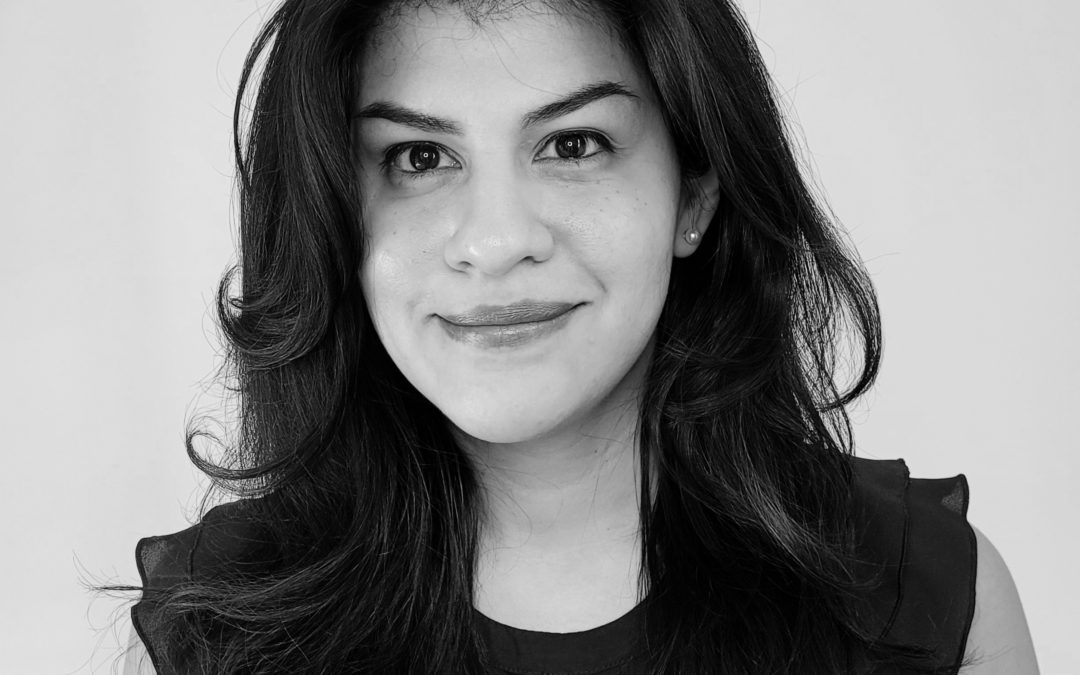Feeling unenthusiastic to open up about your mental health concerns on your first session with a new therapist is normal. Your therapist, during talk therapy, may ask you open-ended questions to help you discuss your mental health and treatment objectives, as well as your prior experiences. Sometimes your therapist will suggest topics for discussion, but mostly it will be up to you.
Your capacity to communicate openly and actively participate in your therapy will determine how well it goes. Now, how do you settle on topics for discussion in therapy? Read on for a sample opening statement you might use when speaking with your therapist.
Don’t worry about picking the wrong topic for conversation.
You may sometimes feel the urge to discuss some “deep” matters in treatment. There is no “correct” or “wrong” subject matter to avoid discussing in therapy, whether you are working through traumatic experiences or managing a mental health condition. What you discuss in therapy is entirely up to you.
Other people seek talk therapy to overcome more particular mental health problems, such as social anxiety, substance misuse, or compassion fatigue. Other times, clients wish to talk privately with a mental health expert as they work through emotional difficulty or a significant life shift. Even if you can’t find the words to describe your feelings, a competent therapist will always listen and help you feel safe enough to open up.
Take a notebook to therapy sessions.
Maybe you’re planning what to talk about between sessions, but as soon as you sit down for your therapy appointment, your mind goes completely blank. You can write down your ideas and bring them to the next session if you need help remembering what to discuss.
There’s no need to bring your journal to every session, but keeping track of your thoughts and feelings in writing can help identify patterns. For instance, if you’ve been having problems with your self-image or your family relationships, it may be time to talk to your counselor about these concerns. Writing down your thoughts and feelings between sessions is a helpful method to work through your emotions.
Put your attention on the here and now.
Even while you could have some mental health issues later in the week (such as negative thinking or emotional anguish), you don’t have to start with it right now. Consider how you feel now and share it with your therapist, even if it’s as simple as “I don’t have the energy for social connections today since I’m stressed from work.”
Your need for mental health care will vary on an ongoing basis. It’s OK if you traveled an hour to your therapist appointment to discuss your low self-esteem but instead spent the entire time venting about your coworker. Having somewhere to express your emotions freely may be precious.
How to choose a therapist?
Finding a good match is essential whether you are beginning therapy for the first time or are looking to switch therapists. The American Psychological Association (APA) claims that the therapeutic relationship you build during therapy might have long-term effects on your mental health.
Finding a therapist who is understanding and encouraging facilitates progress in therapy. Even if you have difficulty dealing with the emotions that arise in treatment, you should still feel safe talking to your therapist about your thoughts, feelings, and mental health struggles. Trust your instincts and look elsewhere if you feel uncomfortable after a few sessions.
The Integrative Therapy Center is a great place to start your search for a qualified therapist in the NYC area. We’re here to ensure you have safe, private, and effective ways to manage your mental health. If you’re ready to take the first step toward more significant mental health, one of our professional therapists can help establish that safe environment.


Recent Comments